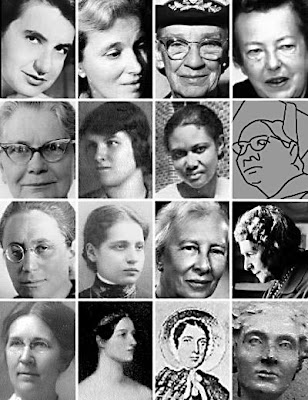Almost Ten Years On: Why are we still talking about The Essential Difference?

Simon Baron-Cohen’s book, The Essential Difference: The Truth About The Male And Female Brain (2003), is almost a decade old now, but his thesis keeps popping up in various places. For example, in a recent (and truly delightful) book on neuroscience and religion, Why Religion is Natural and Science is Not (2011), Robert McCauley uses Baron-Cohen’s work to suggest that researchers looking for “hyper-empathetic” subjects might want to check out the local convent. Baron-Cohen’s main argument is that, on average, men and women have different cognitive strengths and weaknesses: men are more adept at “systematizing” and less adept at “empathizing,” while women are more adept at “empathizing” and less adept at “systematizing.” He goes on to argue that people with autism have “hyper-male” brains (in other words, they are especially good at systemizing and particularly poor at empathizing). According to Baron-Cohen, these differences in cognitive abilities are likely to be the result of gen

